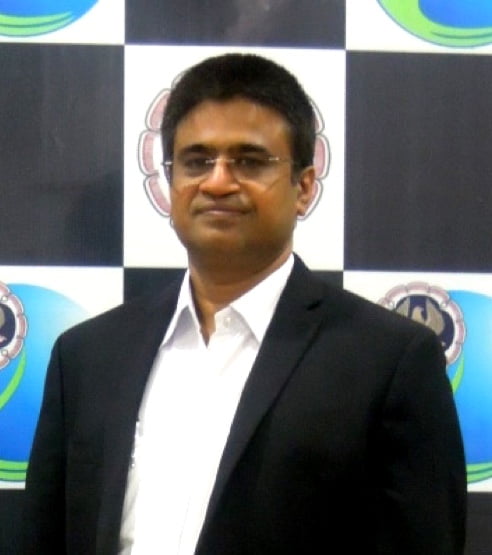Language is core to human existence. It has been the driving force behind all the inventions of mankind. It has allowed social and cultural systems and disciplines like art, religion, and science to occur.
Language sets human beings apart from any other species. Other species communicate- with gestures, postures, expressions, and noise- but the human race has the most sophisticated communication of any other species on the planet.

Language allows human beings smooth expression. It provides a well-developed means of framing and transferring complex and subtle ideas. Simply put, language helps us to share our experiences without each one of us having to have that same experience.
In our everyday lives, we are so habitual in producing and comprehending language that we take it for granted. By around four years of age, each normally growing human child develops the capacity to use language.
In his theory of language acquisition, Noam Chomsky puts forward the term “Universal Grammar”. It means all children from different cultures and languages are programmed in the same way to use the syntax of their native language as shared to them by their parents and culture. This proves that human beings are culture bred and not heredity bred.
Chomsky explains how a child in any culture will pick up that language. Children carry around with us the fundamentals of all languages. Upon interacting with a particular culture and its language, the child sets parameters to match that particular setting.
Human beings invented numerous languages across different cultures over the course of growing their clout on planet earth. However, in the absence of a holistic knowledge about humanity, humans ended up using these languages to divide the human race into different segments. Those speaking the same language were perceived as a part of one’s own tribe. Those speaking foreign languages were seen as outsiders and strangers.
The Objective of Language
Language exists to explain reality. Reality is there and human beings can use language to experience that reality, understand that reality, and explain that reality. In other words, language is useful only if it can help human beings understand reality or communicate the experience of reality to other human beings.

For every word, there is a meaning and behind that meaning is the actual reality of that meaning. If the imagination captures the actual reality, the communication is complete.
Instead of gloating over just artistic and flowery language as an end in itself, human beings need to understand the meaning behind the word and then to the actual element in existence. The word can never be equal to the actual element in existence and this is the limitation that goes with the words.
The language will always fall short and it is the effort and work of the person receiving to complete the understanding and experience the reality. Human beings have forgotten this unique and special value addition that only a human being can create in making the language work for the benefit of humanity. The shortcomings are in the language and not in human beings.
Certain things can only be experienced, for example, drinking water quenches your thirst can be said and explained. The experience of quenching the thirst has to be experienced and that can not be explained by words.
So valuing words and language as needed in reality is for human beings to ensure and use the language for creating harmony.
“Reality was in existence even before Human beings evolved on this planet. Language came much after that. Human beings used language to transfer knowledge from one generation to another using language. Human beings will be in bliss if they can create perceptions in alignment with reality. That is possible using language. Nothing more.
Delving Deeper in the Philosophy of Language
Language in human beings can be precisely divided into three types: Mathematical language, Qualitative language, Logical language. They are used together to help human beings understand as well as communicate the existential reality
To measure and calculate quantities of something, mathematical language is used. Qualitative language is meant for human feelings and emotions like love, happiness, etc. The feelings are of quality and they cannot be measured either with mathematical language or analyzed with logical language. The language of logical reasoning is there to understand the “why” or the logic behind things and occurrences in existence.
In the past, philosophers used the language of logic but they failed to align themselves with mathematical and qualitative language. Religious people used qualitative language in excess but ignored the logical reasoning and mathematical modes of information exchange. The materialists on the other hand communicated and understood only mathematical language. They spoke and understood in terms of quantity only, and rejected the logical language and qualitative language.

Thus, the complete communication about what is there in reality remained incomplete in human society at all times in history.
Real existential communication becomes possible between human beings when all these three language forms are appreciated. Once human beings learn to express different aspects of reality in their respective language, the whole human society will rise above confusions and differences and global enlightenment will follow.
Popular Belief: Only scientific language can explain reality OR Only sacred texts can explain reality.
Supported by: Scientists of these times are less inclusive and strictly adhere to their disciplinary dogma over existential reality. Similarly, spiritualists don’t embrace practicality in their expression.
Existential Reality Check: Language has its limitations and we will need to create a human language and express it in all prevalent languages. Once we have a universal language that will include mathematical language, qualitative language, and logical language, humanity will rise above its current state of confusion over different terms, words, and expressions.





